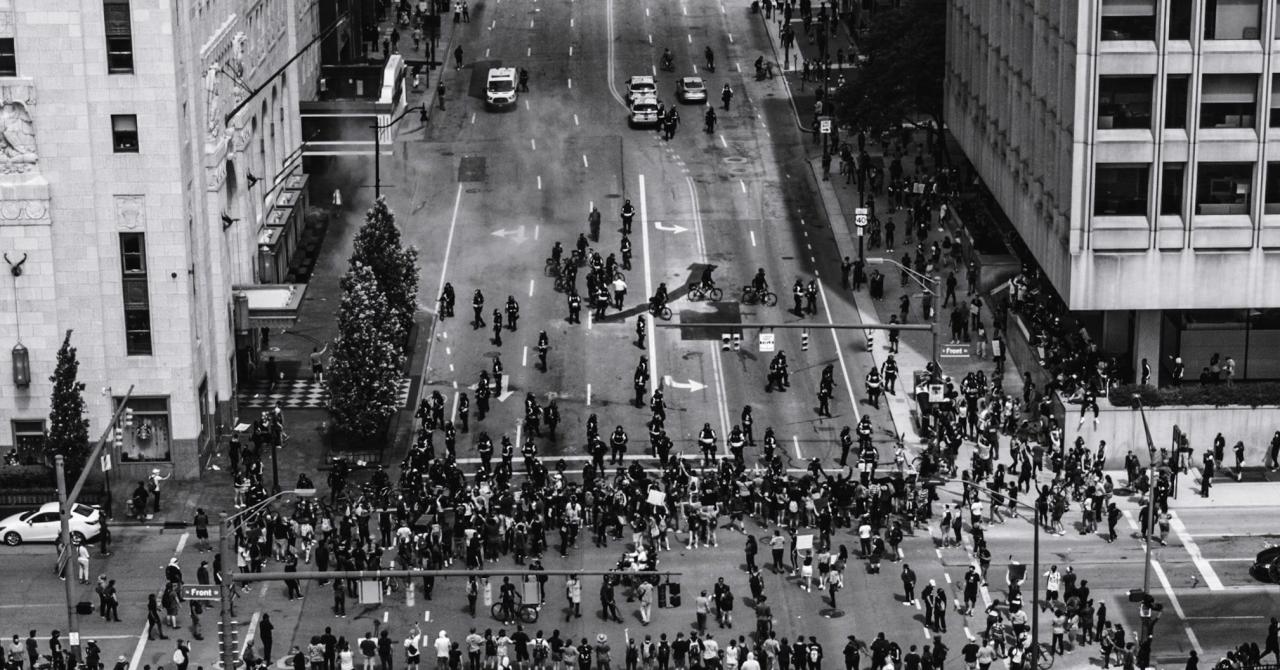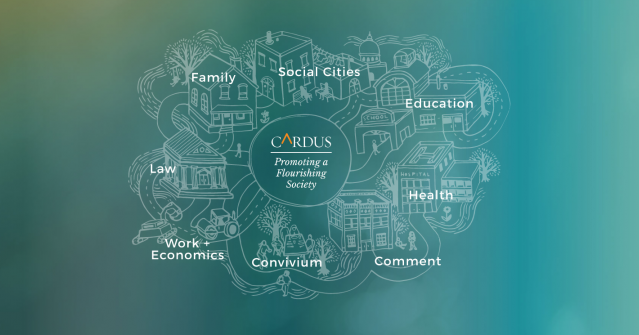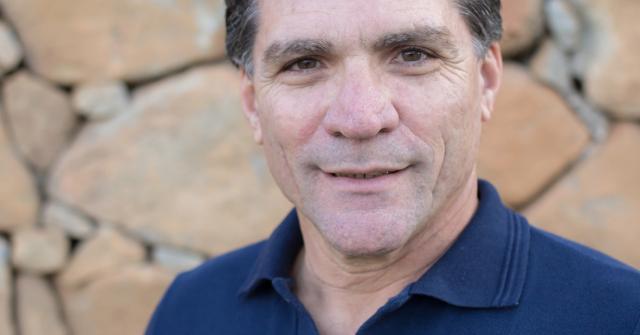
Does Systemic Racism Exist in the Canadian Church?
Global support is currently through the roof for many of the issues championed by the #BlackLivesMatter movement, and many places have seen daily protests calling for an end to anti-Black racism. The outpouring of voices calling for stronger action against systemic racism in law enforcement has prompted all levels of governments and many institutions to assess how this concern exists in their spheres. Prime Minister Justin Trudeau stated:
Systemic racism is an issue right across the country, in all our institutions, including in all our police forces…. In many cases it’s not deliberate, it’s not intentional, it’s not aggressive, individual acts of racism, although these obviously exist. [We recognize] that the systems we have built over the past generations have not always treated people of racialized backgrounds, of Indigenous backgrounds, fairly.
This is contrary to Rex Murphy’s recent commentary in the National Post where he contends racism does not exist in Canada, citing Canada’s multicultural policy of accommodation, tolerance and co-existence as antidotes to the social ills of bigotry and prejudice.
As the Body of Christ who are called to be ministers of reconciliation (2 Corinthians 5:18-20), how do we respond to the question, “Does systemic racism exist in the Canadian church?”
Systemic racism is built upon race theories in support of cultural superiority based on biological differences, “that people of one culture are more enlightened, advanced, civilized, or intelligent than another” (B. Howell and J. Paris, Introducing Cultural Anthropology,Baker, 2011).
These theories were then built into the very systems of how our society operates. Thus, systemic racism occurs when the power and privilege of one racial group results in the exclusion, oppression or exploitation of other groups of different racial origin.
The Canadian Church was not apathetic to the national policies and practices of racial discrimination, and in interactions with Indigenous groups were accomplices. This attitude extended to immigrant Christian groups whose ethnicity were neither English nor French.
While the vastness of Canada’s landscape allowed for the growth of ethnic communities to practise their version of Christianity without fear of persecution, this distrust contributed to the multiplicity of Christian expression, introducing what I define as systemic tribalism in our churches today.
The problem of tribalism
Let me explain why tribalism is a better term here than racism. Tribalism is the “behaviour and attitudes that stem from strong loyalty to one’s own tribe or social group.” It is the belief that only my own kind will be able to protect and look out for my interests.
The way various ethno-theological heritages have built up the Canadian church has left us with a systemic tribalism that excludes various “others” in order to remain loyal to a particular ethnic heritage of Christian doctrine and practice.
This form of exclusion shows up in churches in various ways. Here are three examples.
- Global Christians, some of whom may share the same theological heritage, are expected to assimilate to the worship styles and governance of the Canadian church, rather than invited to contribute their faith expression.
- National or provincial leadership are disproportionately represented by the founding ethnic group, amounting to tokenism when other ethnicities are included.
- Transnationalism creates division within the church body by importing issues (both historical and current) from the most prominent foreign country of origin.
Loyalty to Jesus first
From a peace and reconciliation perspective, how can churches address systemic tribalism? Jesus says in Mark 3:31-35 that His mother, brother and sisters are those who do the will of the Father. This was a radical statement that would have been interpreted as rejection of one’s own kin and tribe. In the Jewish context of that time, kinship was extremely important – think of the narrative of Ruth or how the 12 tribal divisions within Israel were seen as ordained by God.
Jesus’ admonition does not negate the importance of ethnic and familial kinship, but it stresses the more important Kingdom reality that His followers belong to one tribe, the tribe of God. If we are to express loyalty, let us express loyalty to God first. As the Apostle Paul stated, “There is no Gentile or Jew, circumcised or uncircumcised, barbarian, Scythian, slave or free, but Christ is all, and is in all” (Colossians 3:11).
So, as the Canadian church, let us repent of any kind of tribal loyalties that exclude others, and start seeing that as Jesus’ disciples we all belong to one tribe and proclaim that it is only Jesus who destroys barriers and offers true reconciliation.







